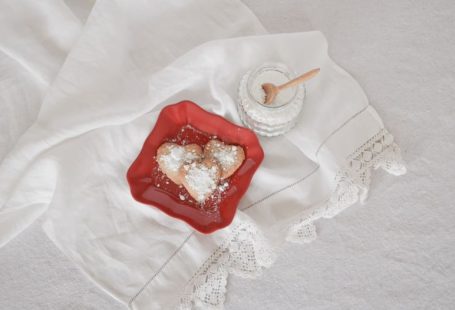Barbados sugar, known for its distinct rich flavor and historical significance, holds a special place in the world of sweeteners. This unique variety of sugar has garnered attention for its exceptional quality and unparalleled taste. From its production process to its culinary uses, Barbados sugar offers a delightful experience that sets it apart from other sweeteners.
The Origin of Barbados Sugar
Barbados sugar traces its roots back to the Caribbean island of Barbados, where it was first produced in the 17th century. This sugar, also known as muscovado sugar, is made from the juice of sugar cane that is boiled down to create a rich, dark syrup. The syrup is then crystallized to form the distinctive granules that give Barbados sugar its unique texture and flavor.
The Production Process
The production of Barbados sugar involves a meticulous process that requires skill and precision. The sugar cane is harvested and crushed to extract the juice, which is then heated to evaporate the water content and concentrate the sugars. The resulting syrup is further processed to remove impurities and achieve the desired texture and color of the sugar crystals. The final product is a dark, moist sugar with a complex flavor profile that sets it apart from traditional refined sugars.
The Rich Flavor Profile
One of the defining characteristics of Barbados sugar is its rich and complex flavor profile. Unlike refined white sugar, Barbados sugar retains more of the natural molasses and minerals present in the sugar cane juice. This gives it a deep, caramelized taste with hints of toffee, butterscotch, and dark chocolate. The molasses content also contributes to the moist texture of Barbados sugar, making it ideal for baking and adding depth to sweet and savory dishes.
Culinary Uses
Barbados sugar’s unique flavor and texture make it a versatile ingredient in both sweet and savory recipes. Its rich, caramel-like taste pairs well with chocolate desserts, baked goods, and caramel sauces. Barbados sugar can also be used to add depth and sweetness to savory dishes such as marinades, glazes, and barbecue sauces. Its distinctive flavor profile adds a gourmet touch to dishes and elevates the overall dining experience.
Health Benefits
In addition to its culinary uses, Barbados sugar offers some health benefits due to its higher mineral content compared to refined white sugar. The molasses present in Barbados sugar contains trace amounts of minerals such as iron, calcium, and potassium, which provide some nutritional value. While Barbados sugar should still be consumed in moderation like any other sweetener, its slightly higher mineral content makes it a slightly healthier alternative to refined sugars.
Incorporating Barbados Sugar Into Your Kitchen
Whether you are an avid baker or a culinary enthusiast, Barbados sugar is a valuable addition to your kitchen pantry. Its rich flavor and unique characteristics can enhance a wide range of dishes, from decadent desserts to savory entrees. Experiment with Barbados sugar in your recipes to experience its luxurious taste and elevate your culinary creations to new heights.
A Sweet Conclusion
Barbados sugar is more than just a sweetener – it is a culinary treasure with a rich history and exceptional flavor profile. From its origins in Barbados to its versatile uses in the kitchen, this unique sugar offers a delightful experience that is sure to impress even the most discerning palates. Incorporate Barbados sugar into your cooking repertoire and discover the magic of its rich flavor for yourself.





